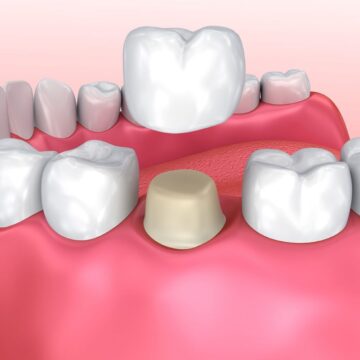Urinary incontinence is a condition in which a person has difficulty in controlling their urine flow. It is a common issue for people of all ages, genders, and backgrounds, but it is especially prevalent among obese individuals. Obesity can lead to a number of health issues, including urinary incontinence. In this article, we will explore how obesity contributes to urinary incontinence and what can be done to prevent and treat it.
What is Urinary Incontinence?
Urinary incontinence is the inability to control urine flow. It is a common problem, particularly among older adults and those who are obese. People with urinary incontinence may leak small amounts of urine or have sudden, strong urges to urinate.
How Obesity Causes Urinary Incontinence
There are several ways in which obesity can cause urinary incontinence. Here are some of the most common causes:
- Increased Pressure on the Pelvic Floor: Excess weight can put extra pressure on the pelvic floor muscles, which can lead to urinary incontinence.
- Weakened Pelvic Floor Muscles: Obesity can cause the pelvic floor muscles to weaken, which can lead to incontinence.
- Hormonal Changes: Obesity can lead to hormonal changes, which can affect bladder function and lead to incontinence.
- Poor Diet: Poor dietary choices, such as eating too many processed foods and sugar, can lead to bladder control issues.
- Excess Fluid Intake: Consuming too much fluid can lead to an overactive bladder, which can cause urinary incontinence.
- Medication Side Effects: Certain medications, such as antidepressants, can have side effects that can lead to urinary incontinence.
Treating and Preventing Urinary Incontinence
The best way to treat and prevent urinary incontinence is to address the underlying cause, which is often obesity. Losing weight can help reduce the pressure on the pelvic floor muscles and can help improve bladder control.
The following steps can help with weight loss:
- Eating a Healthy Diet: Eating a balanced diet that is low in processed foods and high in fruits and vegetables can help with weight loss.
- Exercising Regularly: Regular exercise can help with weight loss and can also help strengthen the pelvic floor muscles.
- Talking to a Urologist: Urologists in bakersfield ca can provide advice and treatment options for urinary incontinence.
- Managing Stress: Stress can worsen urinary incontinence, so it is important to find ways to manage it.
- Quitting Smoking: Smoking can worsen urinary incontinence, so quitting can help reduce the symptoms.
Conclusion
Urinary incontinence is a common issue, particularly among obese individuals. It can be caused by increased pressure on the pelvic floor, weakened pelvic floor muscles, hormonal changes, poor diet, excess fluid intake, and medication side effects. The best way to treat and prevent urinary incontinence is to address the underlying cause, which is often obesity. Urologists in Bakersfield, CA can provide advice and treatment options for urinary incontinence.
















